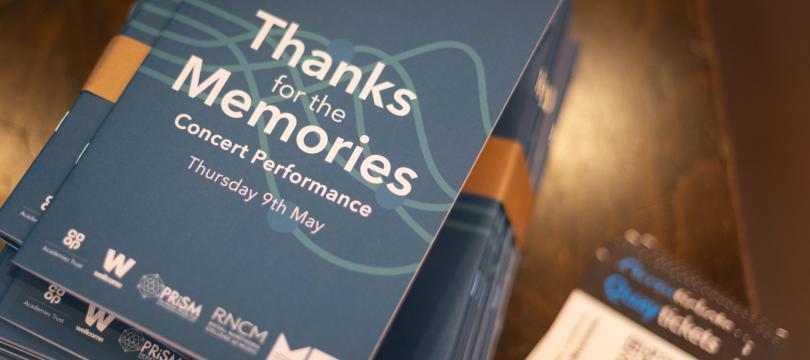Extended Project Qualifications: Mathematical Modelling and Problem Solving
This case study explores the Extended Project Qualification Practical Projects, one of the flagships projects developed during the first year of the University of Manchester hosted SUPI project.
The activities described in this case study were delivered through the School-University Partnerships Initiative (SUPI). Funded by Research Councils UK, SUPI involved 12 universities working in partnership with local schools, with coordination support from the NCCPE. SUPI projects aim to develop more effective engagements between researchers and school pupils, and to inspire a broader range of pupils to develop inquiring minds by engaging them in a diversity of exciting hands-on research related activities.
This case study explores the Extended Project Qualification Practical Projects, one of the flagships projects developed during the first year of the University of Manchester hosted SUPI project. See here for more information about the range of other activities coordinated by this SUPI.
This flagship project aims to provide practical support for Year 12/13 students undertaking the Extended Project Qualification (EPQ). EPQs are designed to allow A-level students to develop self-directed research projects, supervised by tutors.
Background
For pupils studying Mathematics at A-level, it is not always clear how the techniques they acquire can be applied to solving real world problems. There is little opportunity at this stage to explore the skills involved in creating and solving a mathematical model or dealing with open-ended problems. Pupils are left with a toolbox of methods with no sense of how these tools are utilised by research mathematicians. The EPQ provides an ideal opportunity for students to explore mathematical modelling and open-ended problem solving, although it may be difficult for students to choose their own project topics because they have not been exposed to the broad range of uses of mathematics and problem solving skills.
Aims
This project aims to introduce sixth form pupils to examples of mathematical modelling and help them to appreciate the way in which mathematicians tackle unfamiliar problems, in addition to providing technical and mentoring support.
Outputs
Initially a team of postgraduate research students developed suitable themes for EPQ projects. These included the mathematics of theme parks, the mathematics of game shows, x-ray imaging, population modelling, roots of polynomials and cryptography. These topics were closely related to their research, but were also intended to be interesting and accessible for A-Level pupils.
In June 2013 a workshop was run for over 70 pupils to introduce these projects and give students a flavour of the broad range of work done by research mathematicians in the School of Mathematics. Each pupil was able to work with postgraduate researchers on two of the projects described above. There was also an opportunity to find out about the support offered to pupils wishing to take an EPQ in this area. Subsequently, any pupils who wanted to take up a project were offered expert support by academics and postgraduate researchers in the School of Mathematics.
Overall, the first year of EPQ support within SUPI was a great success. This support is now provided annually, with increases to the numbers of pupils and researchers involved year on year.
Keys to making it work
- Using the workshop as a ‘taster’ rather than asking for long-term commitment at the outset
- Using PhD researchers to mentor the students and work with them on projects
- Bringing together researchers, teachers, pupils and library support at a single event meant that pupils had a rounded picture of what the EPQ would involve and the support available

